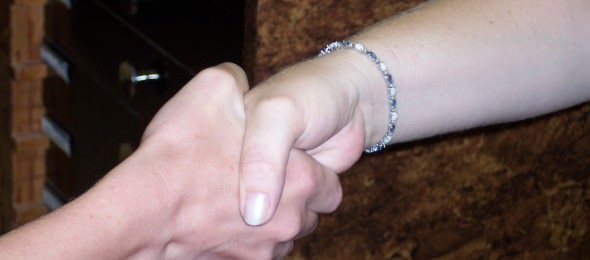Ali Khan, Professor of Law at Washburn University School of Law, has published an interesting article entitled, Arbitral Autonomy, Louisiana Law Review, Vol. 74, No. 2, 2013. In his paper, Professor Khan discusses the need to minimize court challenges to arbitration in order to successfully achieve arbitral autonomy.
Here is the abstract:
This Article presents concrete proposals to amend the current arbitration law for minimizing court intervention into arbitration proceedings and enforcement of arbitral awards. As a method of dispute resolution, arbitration offers an alternative to litigation. Yet arbitration is frequently interspersed with litigation. As a true alternative, arbitration should be, and can be, autonomous, that is, litigation-free. Arbitral autonomy fails when parties go to court to challenge validity of the arbitration agreement, to obtain emergency relief, or to contest enforceability of the award, among other reasons. To accomplish litigation-free arbitration, first, the need to go to court must be minimized; second, the desire to go to court must be deterred. In developing arbitral autonomy, the Article offers theoretically defensible and practically feasible proposals to remove both the need and the desire to go to court. In endorsing arbitral autonomy, however, the Article warns against arbitration blackout that thrives on secrecy, quasi-lawlessness, and pro-arbitration judicial exuberance, a blackout that hurts weak and vulnerable parties drawn into mandatory arbitration.
This and other scholarly articles authored by Professor Khan may be downloaded without charge from the Social Science Research Network.














